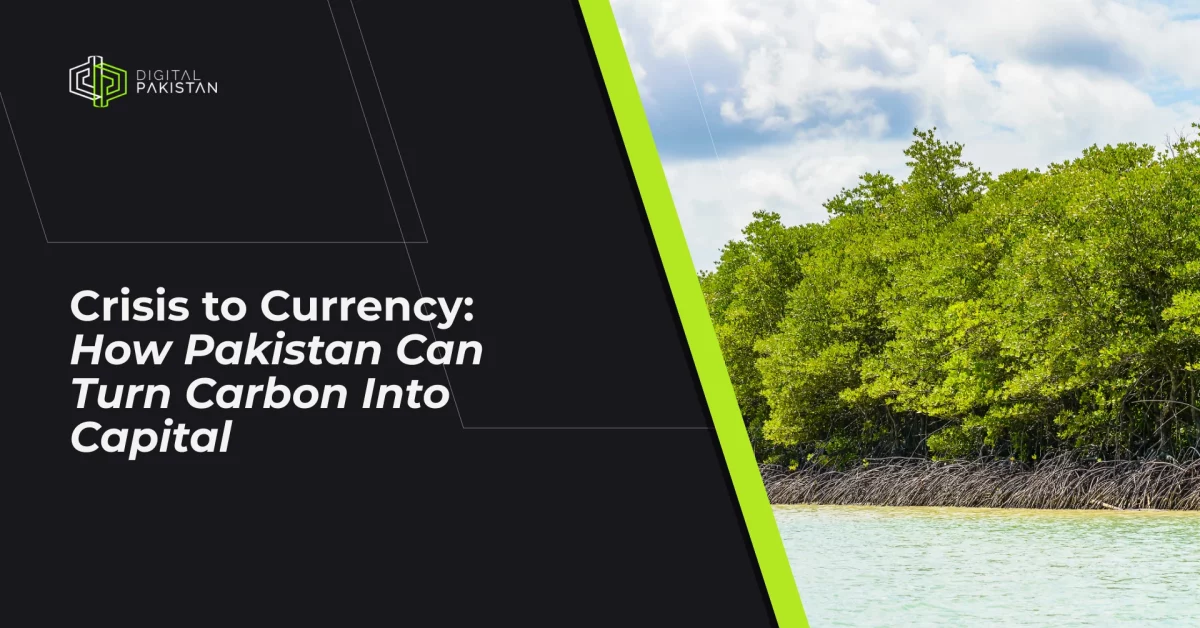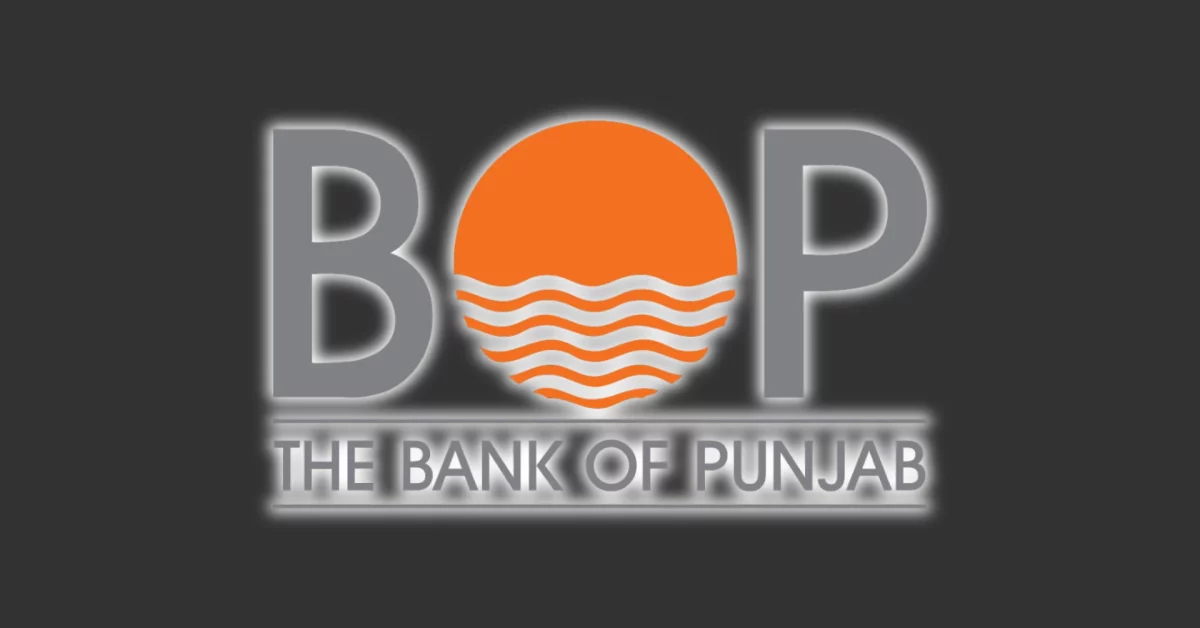
APSEA Seals US$500 Million Soybean Deal to Boost Agro-Industry
August 27, 2025
Jazz Rolls Out Industry-First 480W Massive MIMO to Boost Connectivity and User Experience
August 27, 2025Carbon Credit Markets and Pakistan’s Green Future
Introduction: Turning Emissions into Assets
As global climate change escalates, the struggle is no longer just to reduce emissions but to sell reductions on international carbon credit markets. For Pakistan, which is among the most vulnerable nations to climate change in the world, the dilemma has ever been how to fund adaptation and resilience at scale. Bilateral aid flows and concessional loans are still not enough. However, a largely untapped potential exists in carbon credits; tradable certificates generated by projects that remove or avoid greenhouse gas emissions. Properly structured, these markets can transform Pakistan’s forests, farms, and coastlines into valuable global climate assets.
The Global Rise of Carbon Markets
Globally, carbon credit markets are expanding rapidly. Voluntary carbon markets (VCMs) alone are projected to reach $50 billion by 2030, reflecting the increasing demand from corporations and states seeking to offset unavoidable emissions through certified credits. These markets not only provide flexibility for emitters but also create financial incentives for investments in climate mitigation, nature-based solutions, and technological innovation.
For Pakistan, this trajectory offers both opportunity and urgency. The nation has vast, though untapped, natural resources: from mangrove forests along the Indus Delta to huge areas of arable land available for afforestation and regenerative farming. By building strong monitoring and governance frameworks, Pakistan can direct these environmental resources into high-quality carbon initiatives that appeal to global investment.
Pakistan’s Carbon Potential: From Mangroves to Mountains
Pakistan possesses unique ecosystems that could underpin a thriving carbon market. The nation is now pushing forward with its carbon market ambitions as part of its broader climate strategy, following a key meeting with the United Nations-backed SPAR6C initiative in the capital Islamabad on July 15.
Federal Climate Change Minister Dr. Musadik Malik met with a delegation from SPAR6C (Supporting Preparedness for Article 6 Cooperation), a five-year program led by the UN Environment Programme (UNEP) to assist developing countries in building carbon trading systems under Article 6 of the Paris Agreement.
This renewed focus and dedication towards integrating and tapping into global carbon markets is testified through the Delta Blue Carbon (DBC) project in Sindh, covering over 350,000 hectares, has already generated $40m in carbon credit sales and is expected to yield billions in the coming decades.
This project not only demonstrates the commercial viability of carbon markets in Pakistan but also highlights their potential to deliver co-benefits such as biodiversity conservation, coastal protection, and livelihood support for local communities. As such, the DBC project stands as both a proof of concept and a catalyst for scaling similar initiatives nationwide.
Why Blockchain and Digital Tools Matter
One of the most prominent criticisms levied against carbon markets has been their transparency. Issues relating to double-counting, false claims, and unverifiable effects have eroded confidence. That is where blockchain and digital MRV (Monitoring, Reporting, and Verification) systems come in.
Through IoT sensors, satellite imaging, and blockchain, Pakistan can establish tamper-evident carbon registries. For instance, a Sindh mangrove project may employ drones and satellite observation to monitor forest canopy cover expansion. Data uploaded to a blockchain network would automatically issue tokenized carbon credits, minimize human judgment and maximizing credibility. The electronic credits can be sold to buyers globally, making Pakistan accessible to international voluntary carbon markets.
The Role of Farmers and Local Communities
Perhaps the greatest opportunity lies in linking carbon credits with Pakistan’s agrarian economy. Farmers adopting climate-smart practices, such as crop rotation, reduced tillage, or biofertilizers could collectively generate soil carbon credits. Startups and cooperatives can play a vital role by pooling these micro-credits, aggregating them through blockchain-enabled registries, and selling them to international buyers. This framework allows even smallholders to participate in global markets that were previously inaccessible.
Such approaches are already beginning to take shape. The recent Agri-Infrastructure Sukuk, jointly launched by InfraZamin Pakistan, Sunridge Foods, and BankIslami, demonstrates how innovative financing can be mobilized to modernize silos, renewable energy systems, and food processing infrastructure. If carbon credits are integrated into similar structures, farmers could benefit from blended finance, thus, earning both yield-related income and carbon-linked payments.
Institutional Framework and the State’s Role
However, it is important to note that in order to unlock this potential a robust carbon governance framework becomes a pre-requisite for Pakistan. Unlike energy or industrial sectors, nature-based carbon markets require coordination between forestry departments, agriculture ministries, and climate authorities and global institutions. The government must:
- Create national carbon registries aligned with international standards.
- Certify projects through credible third-party verifiers.
- Provide tax incentives or subsidies to catalyse early projects.
Initiatives like the Digital Pakistan policy and the Digital Economy Enhancement Project can be leveraged to integrate carbon MRV systems into broader e-governance reforms.
Moreover, Pakistan could learn from its own Billion Tree Tsunami Project which, despite its challenges, proved that large-scale afforestation is possible. Tying such efforts into international carbon markets could ensure not just ecological impact but financial sustainability.
Conclusion: A New Climate Economy for Pakistan
Pakistan’s climate crisis may be acute, but it also presents the nation with a novel opportunity. It is possible for the country to transform its vulnerabilities into assets by embracing and integrating digital transparency and innovative financing and tapping into emerging carbon markets. Whether through reviving mangrove forests in Sindh or regenerative agriculture in Punjab, each ton of carbon stored could be a certificate of hope, sold internationally but anchored locally.
If Pakistan enters voluntary carbon markets as a serious player, it can spearhead a new climate economy, one which is not extractive but regenerative, not aid-dependent, but self-sustaining. Carbon then is no longer an issue to be minimized, but an asset to be leveraged towards a cleaner, more resilient future.






